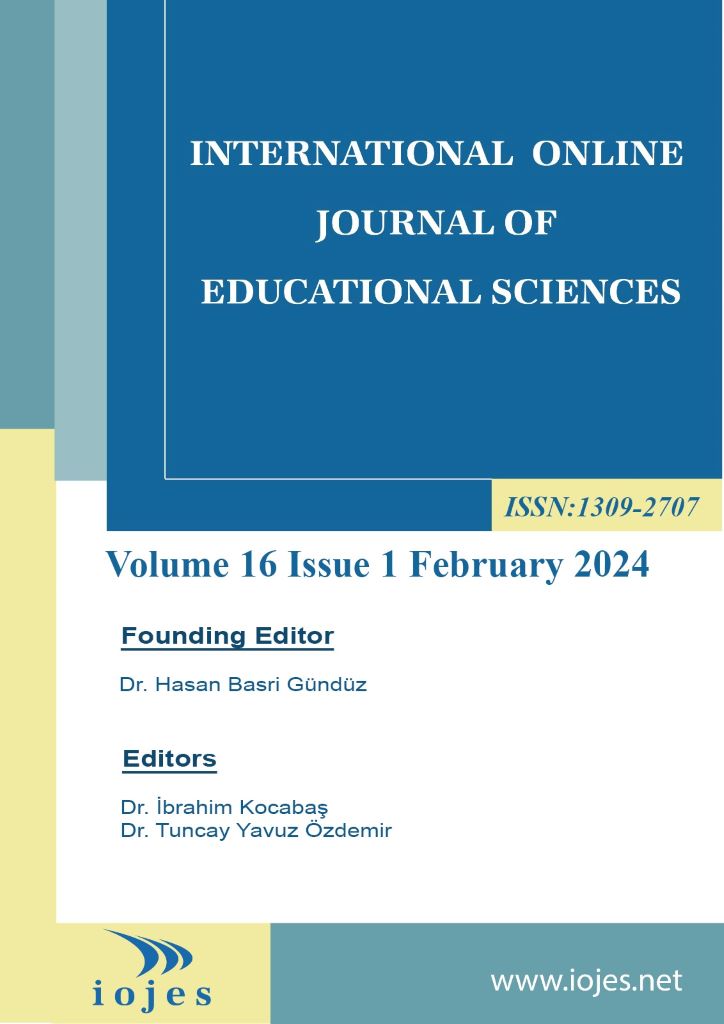Author :
Abstract
Keywords
Abstract
In this study, it is aimed to examine listening in the native language dimension in terms of both process and strategies. Grounded theory, one of the qualitative research designs, was used. Theoretical sampling was chosen from purposeful sampling types. In the study, seventy-five teacher candidates were studied to determine listening strategies. The pre-service teachers were asked what they did during the listening process. The data obtained were analysed iteratively and comparatively with other classifications. It was tried to provide evidence for the results with the listening strategies classifications and the data obtained from the teacher candidates and to reveal how the classification was obtained. It was revealed that teacher candidates used cognitive and metacognitive strategies in pre-listening strategies. Cognitive strategies consist of inferencing, elaboration and resourcing. Metacognitive strategies consist of the planning category, including directed attention and self-management subcategories. They use cognitive, metacognitive and socioaffective strategies while listening. Cognitive strategies consist of inferencing, elaboration and note-taking. Inferencing and note-taking categories stand out. Metacognitive strategies consist of planning and comprehension monitoring. Especially the planning category is at the forefront. Socioaffective strategies consist of questioning, respect and feedback. After listening, they use cognitive, metacognitive and socioaffective strategies. In cognitive strategies, it is seen that participants summarize, repeat and investigate what they hear. In metacognitive strategies, comprehension monitoring, evaluation and problem identification categories have emerged. It has been revealed that in socioaffective strategies, teacher candidates ask questions, cooperate and give feedback. When the listening processes of pre-service teachers are evaluated as a whole, they use cognitive strategies such as inferencing, elaboration, summarization, repetition, resourcing and note-taking. They use metacognitive strategies such as planning, comprehension monitoring, evaluation and problem identification. Among the socioaffective strategies, they use questioning, cooperation, respect and feedback.





